Brief Analysis of Steel Pipe Processing Methods
Update:2024-08-26 View(s):244 Keywords :steel pipe processing, steel pipe details, steel pipe methods
Steel Pipe Processing and Furnace Loading:
1. During the heat treatment process, workpieces that are easily deformed should be heated on a special fixture
2. The workpiece should be placed in the effective heating zone
Preheating:
1. For workpieces with complex shapes or sharp changes in cross-section and large effective thickness, preheating should be stopped
2. The preheating methods are: primary preheating is 800oC, secondary preheating is 500~550oC and 850oC, and the primary preheating temperature rise rate should be limited
Heating:
1. Workpieces with grooves and non-through holes, castings and welded parts, and processed stainless steel workpieces are generally not suitable for heating in a salt bath furnace
2. The workpiece should be heated for a sufficient insulation time, which can be based on the effective thickness and conditional thickness of the workpiece (practical thickness multiplied by the workpiece shape coefficient) Calculate according to Table 5-16 and Table 5-17
Cooling:
1. When martensitic stainless steel and heat-resistant steel are air-cooled, they should be spread in a dry place
2. Martensitic stainless steel and heat-resistant steel can be cleaned, cryogenically treated, or tempered before quenching and cooling to room temperature
3. The workpiece should be tempered in time after quenching. The time interval should not exceed 4h. The steel used for the workpiece has a low carbon content (mass fraction of carbon) and the workpiece has a simple shape. It should not exceed 16h
4. For welded assemblies composed of martensitic stainless steel and heat-resistant steel, the time interval between welding and subsequent heat treatment should not exceed 4h
Cleaning:
1. Use alkali cleaning, water-soluble cleaning agent, chlorine solvent sandblasting, shot blasting, and other methods to clean according to the requirements and surface conditions of the workpiece
2. Generally, pickling is not used for cleaning
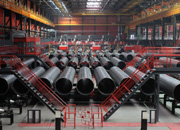 Threeway Steel is known as a professional supplier engaged in manufacturing and distributing a wide range of steel pipe, and our headquarter located the central part of China – Hunan and six associated factories throughout China.
Threeway Steel is known as a professional supplier engaged in manufacturing and distributing a wide range of steel pipe, and our headquarter located the central part of China – Hunan and six associated factories throughout China.
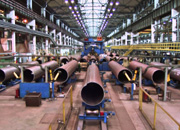 Threeway Steel is known as a professional supplier engaged in designing, manufacturing and distribution of a wide range of steel products with the headquarter located the central part of China – Hunan and six associated factories throughout China.
Threeway Steel is known as a professional supplier engaged in designing, manufacturing and distribution of a wide range of steel products with the headquarter located the central part of China – Hunan and six associated factories throughout China.
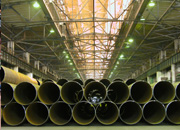 Threeway Steel is known as a professional supplier engaged in designing, manufacturing and distribution of a wide range of steel products with the headquarter located the central part of China – Hunan and six associated factories throughout China.
Threeway Steel is known as a professional supplier engaged in designing, manufacturing and distribution of a wide range of steel products with the headquarter located the central part of China – Hunan and six associated factories throughout China.
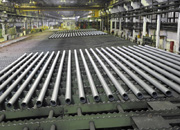 Threeway Steel is known as a professional supplier engaged in designing, manufacturing and distribution of a wide range of steel products with the headquarter located the central part of China – Hunan and six associated factories throughout China.
Threeway Steel is known as a professional supplier engaged in designing, manufacturing and distribution of a wide range of steel products with the headquarter located the central part of China – Hunan and six associated factories throughout China.
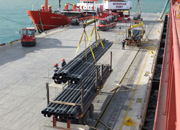 Threeway Steel is known as a professional supplier engaged in designing, manufacturing and distribution of a wide range of steel products with the headquarter located the central part of China – Hunan and six associated factories throughout China.
Threeway Steel is known as a professional supplier engaged in designing, manufacturing and distribution of a wide range of steel products with the headquarter located the central part of China – Hunan and six associated factories throughout China.

